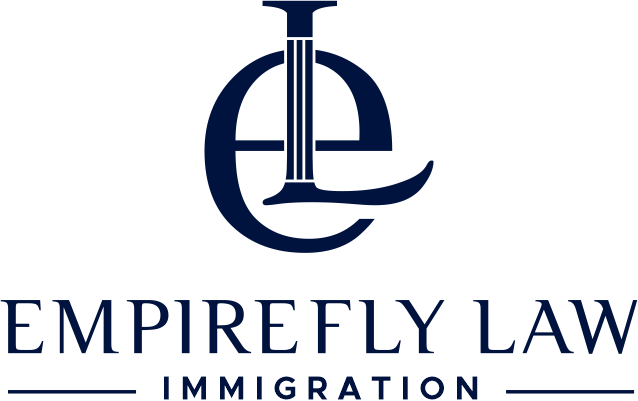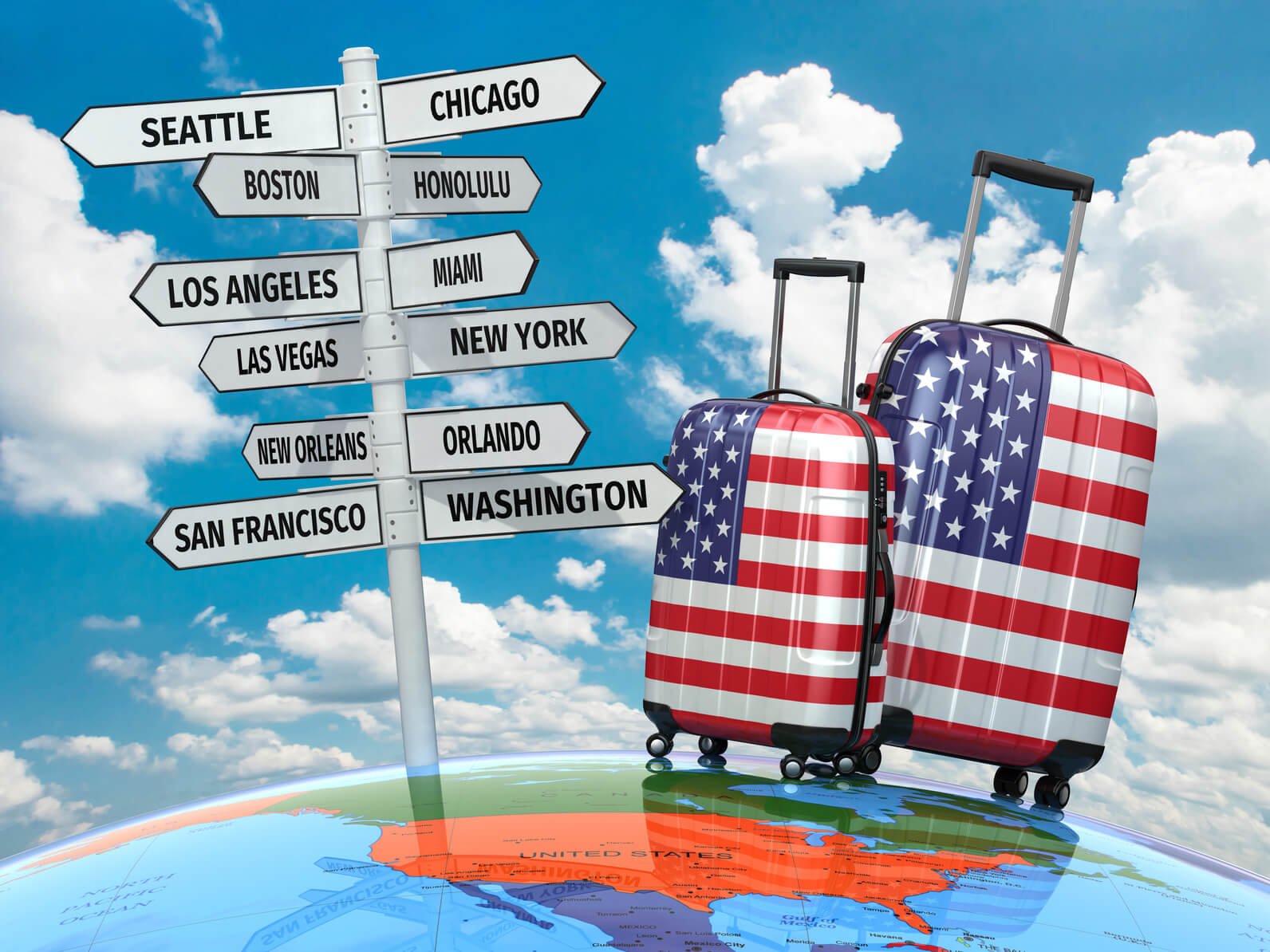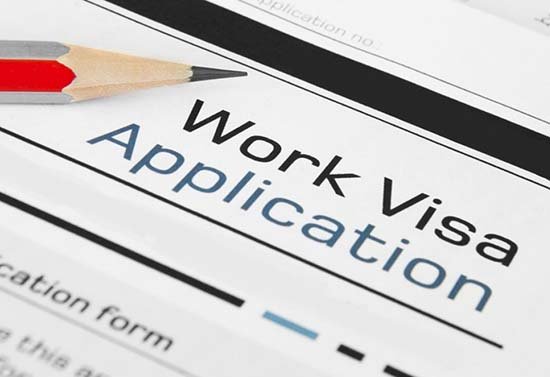Introduction
The United States offers many opportunities for individuals seeking to immigrate from Africa. Whether you’re pursuing educational, professional, or personal goals, there are multiple pathways to consider. This guide provides an in-depth look at the different immigration options available to Africans, covering everything from work and family-based visas to special programs and humanitarian considerations.
1. Employment-Based Immigration
a. Employment-Based Green Cards
– EB-1: Priority Workers: This category is for individuals with extraordinary abilities in fields such as science, arts, education, business, or athletics. It also includes outstanding professors, researchers, and multinational executives.
– EB-2: Advanced Degree or Exceptional Ability: This option is for professionals with an advanced degree or exceptional ability in their field. The National Interest Waiver (NIW) option allows applicants to bypass the job offer requirement if their work benefits the U.S. significantly.
– EB-3: Skilled Workers, Professionals, and Other Workers: This category is for those with at least two years of experience in a skilled job, a professional degree, or unskilled labor requiring less than two years of training.
b. Temporary Work Visas
– H-1B: Specialty Occupations: For professionals requiring specialized knowledge and at least a bachelor’s degree.
– L-1: Intracompany Transferees: This category is for employees of international companies who are transferring to a U.S. office in a managerial or executive capacity or with specialized knowledge.
– O-1: Individuals with Extraordinary Ability or Achievement: This category is for individuals who have demonstrated extraordinary ability in their field, such as in the arts, sciences, education, or business.
2. Family-Based Immigration
a. Immediate Relatives
– Spouses, Parents, and Unmarried Children Under 21: U.S. citizens can sponsor their immediate relatives, who are given priority and not subject to numerical caps.
b. Family Preference Categories
– Extended Family Members: Includes adult children, U.S. citizens’ siblings, and lawful permanent residents’ family members. These categories are subject to annual numerical limits and more extended waiting periods.
3. Diversity Visa Lottery Program
– Overview: The Diversity Visa (DV) Lottery allows individuals from countries with low U.S. immigration rates, including many African nations, to apply for permanent residency.
– Eligibility: Applicants must have at least a high school education or equivalent or two years of work experience in a qualifying occupation.
4. Student and Exchange Visitor Visas
a. F-1 Visa (Academic Students)
– Eligibility: This visa is for students accepted into a U.S. institution for academic studies or language training. It allows for Optional Practical Training (OPT) post-graduation, offering work experience in the U.S.
b. M-1 Visa (Vocational Students)
– Eligibility: This is for students enrolled in non-academic or vocational programs, such as technical training or trade schools.
c. J-1 Visa (Exchange Visitors)
– Overview: This section is for individuals participating in approved exchange programs, including interns, trainees, teachers, and researchers.
5. Humanitarian Programs
a. Asylum and Refugee Status
– Asylum: This is for individuals already in the U.S. who fear persecution in their home country based on race, religion, nationality, political opinion, or membership in a particular social group.
– Refugee Status: For individuals outside the U.S. who meet similar criteria and seek protection.
b. Temporary Protected Status (TPS)
– Overview: TPS allows temporary stay and work authorization in the U.S. for individuals from countries experiencing ongoing armed conflict, environmental disasters, or other extraordinary conditions.
6. Business and Investment Visas
a. E-2 Treaty Investor Visa
– Eligibility: For individuals from countries with which the U.S. maintains a treaty of commerce and navigation. Requires a substantial investment in a U.S. business.
b. EB-5 Immigrant Investor Program
– Overview: This award is for investors who make a significant capital investment in a new commercial enterprise that creates at least 10 full-time jobs for U.S. workers.
Conclusion
Navigating the U.S. immigration system can be complex, with various pathways catering to different circumstances and goals. Whether you’re a skilled professional, a student, or seeking family reunification, there’s a suitable route for you. At Empirefly immigration law firm, we specialize in guiding African clients through the intricacies of U.S. immigration. Contact us today for personalized assistance and expert advice on your immigration journey.




